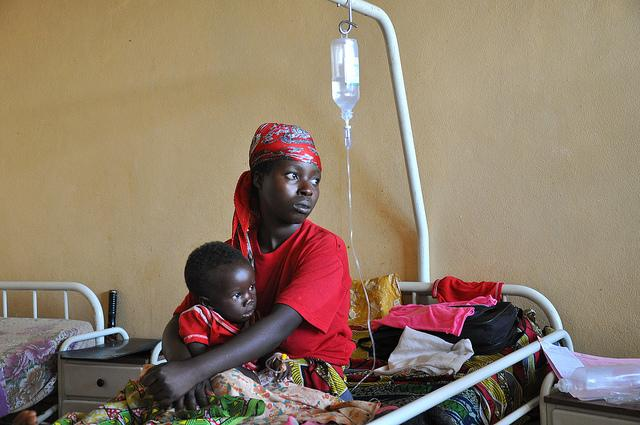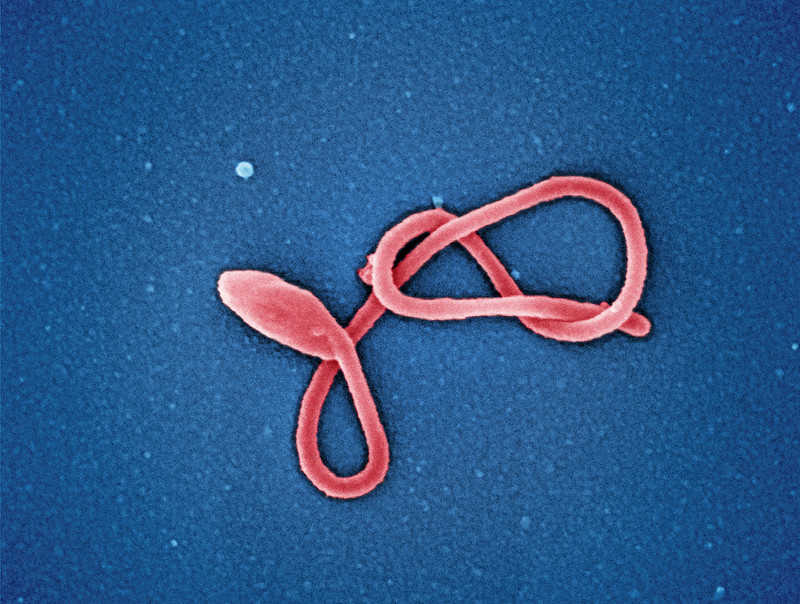
Researchers from Indiana University (IU) and Makerere University in Uganda suggest that high uric acid concentrations (hyperuricemia) are a risk factor for serious complications, death, or long-term neurodevelopmental problems in children diagnosed as having severe malaria (SM), according to a study published last week in Nature Medicine.
A mosquito-borne disease, malaria is a leading cause of death in African children.
"The emergence of drug resistance against [malaria drug] artemisinin derivatives in East Africa threatens to reverse gains in reducing SM mortality," the authors noted. "Numerous adjunctive therapies for SM have failed to reduce mortality in clinical trials, suggesting the need for a better understanding of mechanisms leading to mortality."
Significantly higher risk of death with hyperuricemia
The team analyzed two groups of 1,213 children, 967 of them with SM and 246 community controls. In total, 25% had hyperuricemia, which leads to a buildup of body waste in the blood. Hyperuricemia was caused mainly by ruptured infected red blood cells and kidney injury.
Hyperuricemia was tied to serious complications (eg, kidney injury, coma, intestinal injury), a higher risk of death during or after hospitalization, and long-term cognitive impairment.













